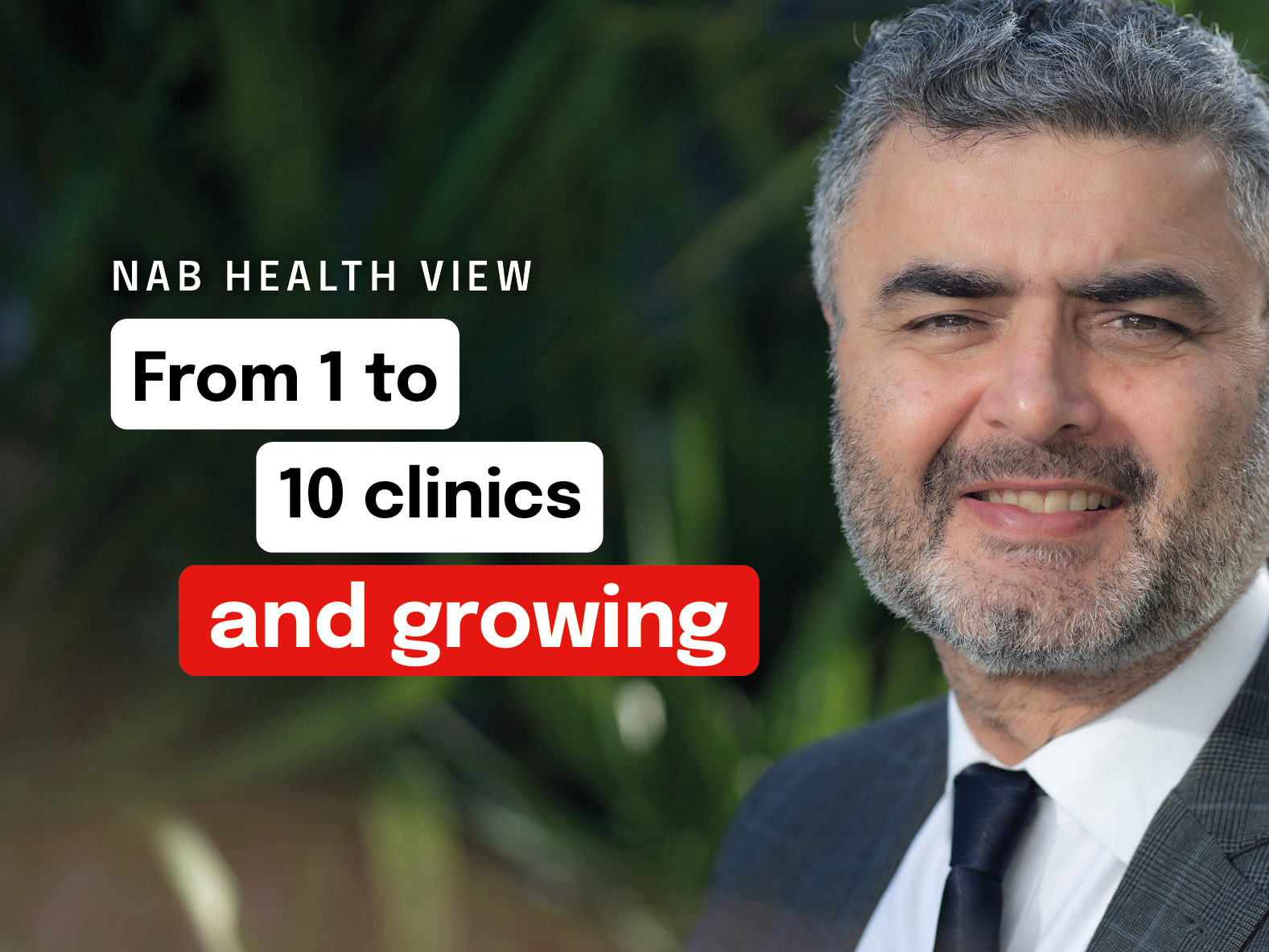Confidence continues to lift


Insight
Dr Derek Mahony was a trailblazer in early orthodontic intervention in Australia. Now he’s set to extend his successful model into a whole new market.

When Dr Derek Mahony moved to the UK in 1988, he left a traditional dental practice behind. He returned to Australia three years later with a life-changing business plan.
“Completing a Master’s degree in orthodontics in London introduced me to the concept of early intervention,” he says.
“The traditional approach to orthodontics is to wait until a child has all their permanent teeth. If these are crowded, you pull out teeth to make more room. I learned that, in many cases, intervention when children still have some of their baby teeth can improve their airway and facial profile, and minimise the need for extractions.”
Dr Mahony set up his first Full Face Orthodontics specialist practice in 1991 – the first of its kind in Australia based on airway problems and early treatment.
Despite breaking new ground, “the local NAB bank manager liked my business plan and approved the loan”.
Today, Dr Mahony has seven practices in Sydney, two in Melbourne and one in Brisbane. And he’s not stopping there, planning to open another 10 practices over the next five years in what he says is an under-served space.
“I’m aiming to expand into regional areas, where people currently have to travel a long way to visit a specialist,” he says. “Orthodontists need to see their patients every four to six weeks for three years, and that just isn’t feasible for most families in remote regional centres.”

Seeing is believing
Right from the start, the benefits of early intervention spread quickly among parents.
“No-one wants to see their child lose four healthy teeth,” says Dr Mahony, now a world-renowned specialist in his field. “When I explained how early intervention works, it made sense to them. Then, when they started to see the difference it made to their friends’ children, demand went through the roof. Word of mouth is priceless and I’d say that still accounts for 80 per cent of my patients.”
Referring dentists, however, were generally more cautious.
“They were still influenced by what they’d been taught in dental school – that you have to wait until a child is in Year 8 or 9 before sending them to an orthodontist. But when they started seeing the results, they became very strong advocates, even bringing their own children for treatment.”
Gaining through training
There has always been one obvious limiting factor for growth – the scarcity of orthodontists who could replicate Dr Mahony’s skills.
“I had to bring my first two associates over from the UK,” he says.
His solution was to set up his own training academy (EODO).
“I wanted to be sure that all the doctors I employed had the same philosophy. Once again, the team at NAB were particularly helpful, as they understood that an academy would fuel my future growth.”
Not everyone who completes Dr Mahony’s three-year course goes on to join Full Face Orthodontics.
“I need to know that, clinically, the orthodontists working in my practices are doing exactly what I would do,” he says. “But I also need to know they can talk to their patients, answer all their questions and form good relationships. This year, two of my graduates excelled in all these areas, so I’m now set to open two more clinics.”
The academy will also support the expansion into regional areas by making it possible for orthodontists to work on rotation.
“Many orthodontists would like to spend some time out of the city but may not want to live in the regional area forever,” Dr Mahony says. “As our orthodontists all have the same level of skill and training, their patients will be able to trust there will be continuity of treatment if their original doctor moves on.”
His own role has now evolved to consultant and mentor.
“I don’t work in the mouth anymore, but I oversee the work we do and I’m always available to answer questions or provide advice,” he says. “We have a secure cloud-based portal where we share patients’ X-rays and information so, at any time, one of my associates can jump in with a suggestion. We also have monthly meetings where all of our associates consider difficult cases. Putting our heads together like this is much better for our patients, and an opportunity for us all to learn from each other.
“Technology has made that so much easier. When I started out every letter had to be dictated, typed and posted.”
The secret to success
Dr Mahony’s advice to anyone starting out in business is to make sure they have something unique to offer, then target an underserviced area.
“Our difference goes right down to the fit-out,” he says. “The builder we’ve always used has experience in high-end restaurants, so he was able to create a very welcoming, non-clinical look.”
As an entrepreneur, Dr Mahony found it frustrating that medical and dental schools offer little or no information on how to run a business. This spurred his decision to complete an MBA.
“At the very least, you should be able to develop a sound business plan,” he says. “From there, you need to seek out good advice. This is where NAB has always been so helpful. Their healthcare banking specialists really understand the nature of my business and what I want to achieve.”
John Avent, NAB Executive Health and Medfin, says the bank is proud to have played a role in the growth of Dr Mahony’s business.
“It’s a real privilege for us to support a pioneer like Derek as he continues to change children’s lives.”
© National Australia Bank Limited. ABN 12 004 044 937 AFSL and Australian Credit Licence 230686.